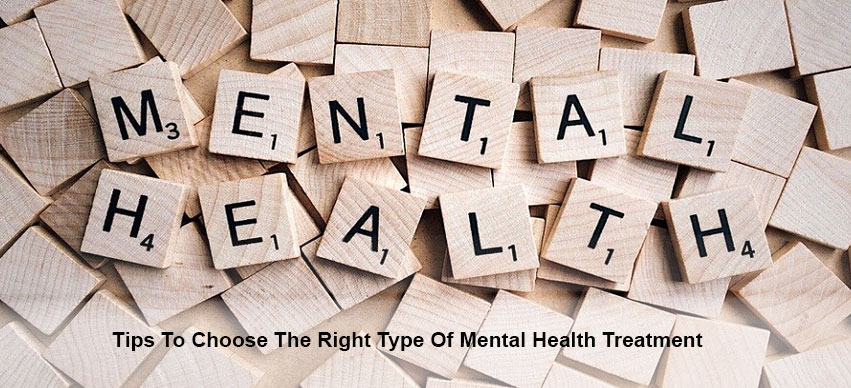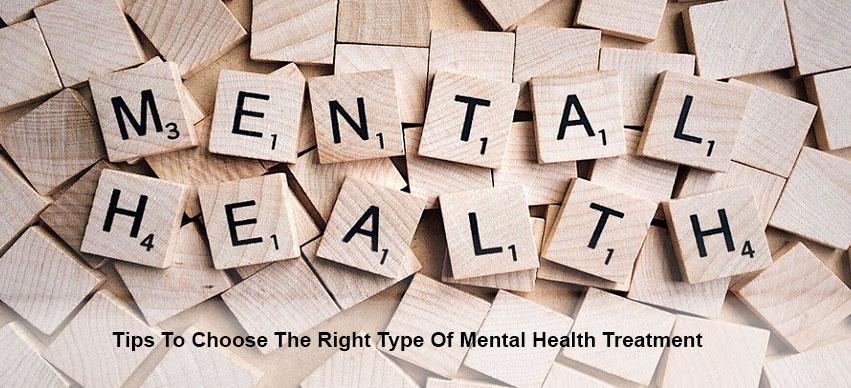How Communities Are Changing the Way We Think About Aging in..
8 Min Read


Determining the right level of psychiatric treatment can be the difference between recovering or your symptoms worsening and taking over your life. Several different factors can help you decide on the right kind of treatment for you. For example, an outpatient program might be an ideal option to consider if you are having trouble with anxiety or depression but are still somewhat able to get yourself to school or work, while a residential stay is usually recommended for those who find basic tasks challenging due to their mental health. Here’s the difference between the various treatment types on offer.
Outpatient therapy, which you can access from providers such as PrairieCare, is the least intensive and one of the most common psychiatric treatment types. Clients who opt for this type of treatment will be required to attend office appointments with a psychologist, psychiatrist, or therapist on a regular basis. It’s an ideal choice for people who have mild to moderate mental health symptoms, although more intensive outpatient treatment is growing in popularity. People who are motivated to recover, able to ask for help from a strong support network, and can function well outside of the treatment environment are often the best candidates for this type of treatment. Treatment types that are commonly included in these types of programs include cognitive behavioral therapy, dialectical behavior therapy, conflict resolution therapy, interpersonal psychotherapy, and more.
A day treatment program is a step up from an outpatient program in terms of intensity, but not quite residential treatment. These programs require you to spend at least a few hours per day engaging in activities and treatment options at the treatment facility. It does not require any overnight stays and will usually allow patients to return home at the end of the day. These programs are usually short yet intense, with more patients taking part for a few weeks to a few months depending on the severity of their issues. In some cases, patients might go on to visit for less intense outpatient therapy types after the completion of the program. The daily programs are often focused on making a range of improvements in the patients’ lives such as addressing destructive or harmful behavior patterns, avoiding isolating oneself from friends and family, coping better with stress, and improving mood.
Residential programs tend to be reserved for patients who need intense treatment and care, often because their mental health has gotten to a point where it is seriously interfering in their everyday life. These programs involve staying at the facility for a period of a few weeks to a few months. They can be helpful for people who require acute care after a crisis, people who are experiencing the initial symptoms of a serious mental health problem, or people who have battled with mental health symptoms for years and are now beginning to find them too overwhelming.
No matter what is going on with your mental health, the right treatment program for you can make all the difference when it comes to getting healthy and well again.